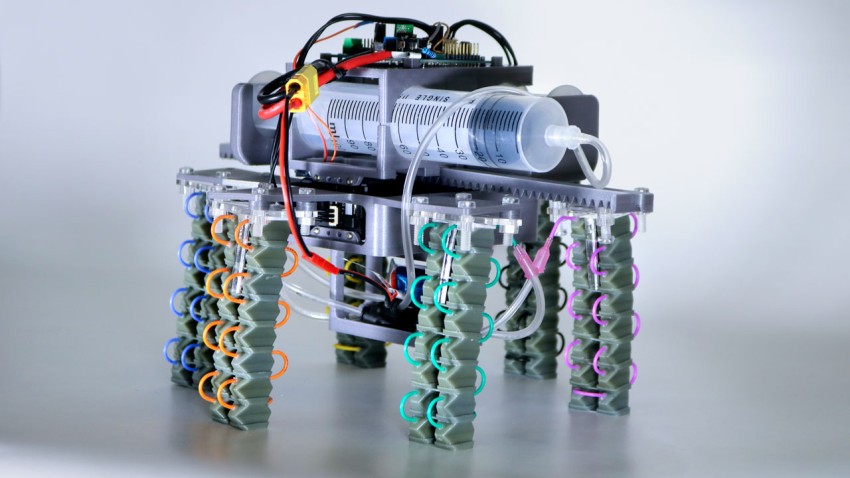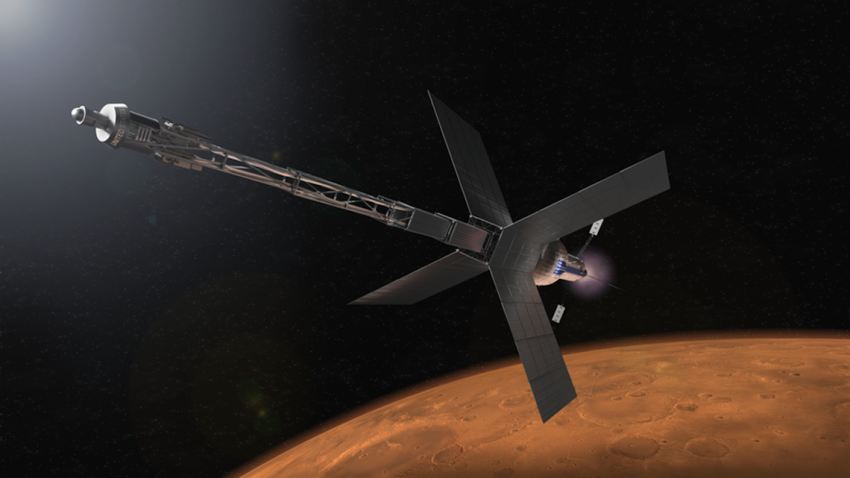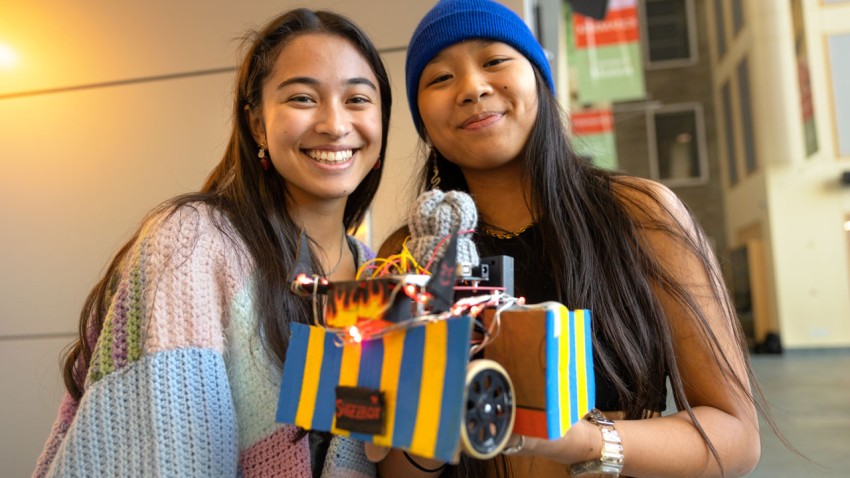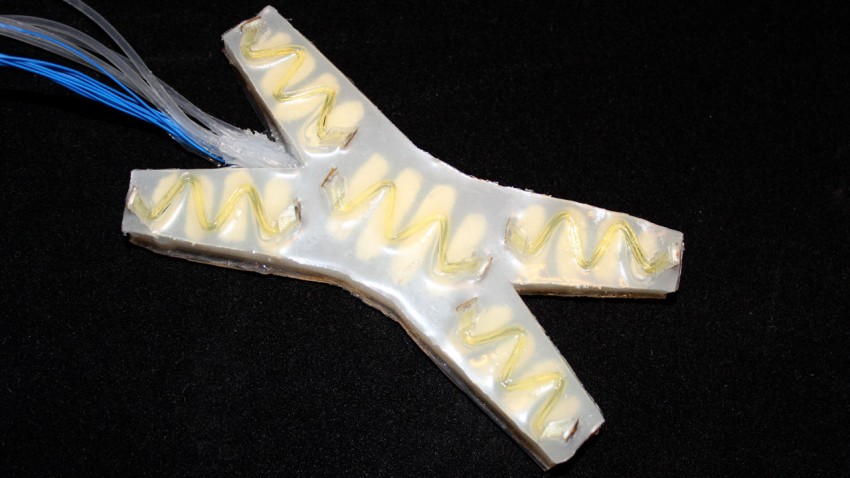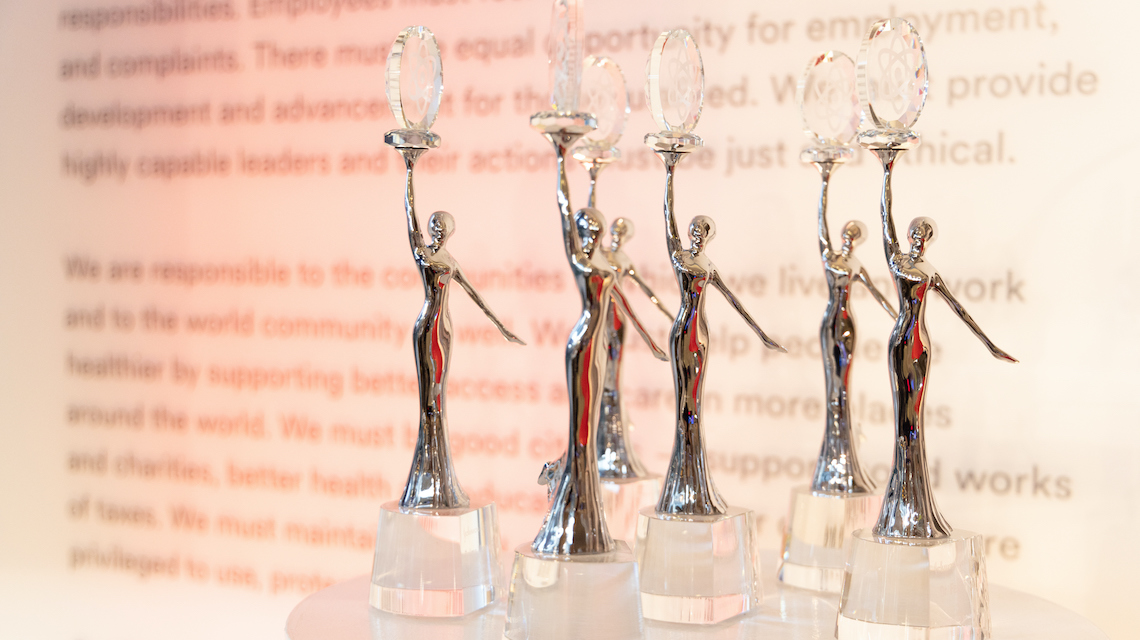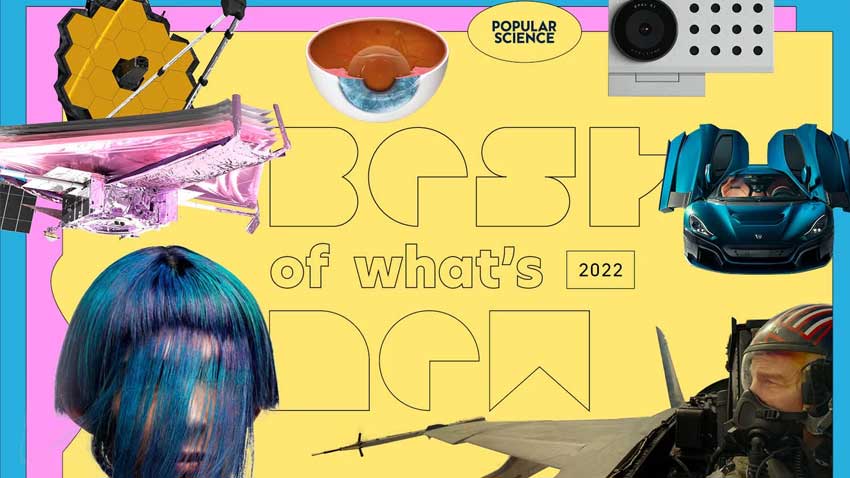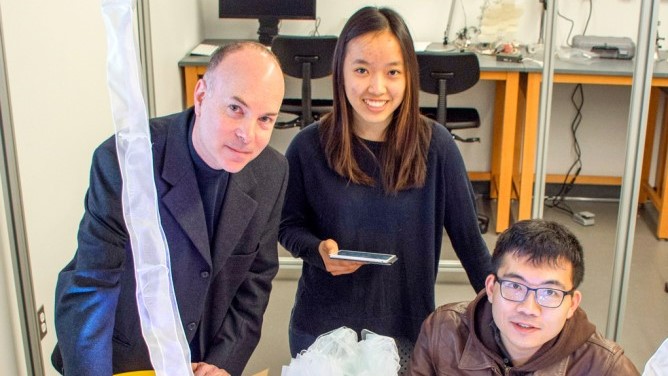
Two Sibley School students chosen for Isakowitz Fellowship
Emily Matteson, a senior in Cornell’s Sibley School of Mechanical and Aerospace Engineering, and Julia Proctor ’22, an M.Eng. student in the Sibley School, were selected from more than 250 applicants representing more than 90 colleges and universities. Matteson and Proctor will receive paid internships at commercial space companies and one-on-one professional mentorship from accomplished members of the space community. In addition, they will participate in a summit with activities, speakers, and space industry guest attendees. The Matthew Isakowitz Fellowship was created in 2017 in memory of... Read more




